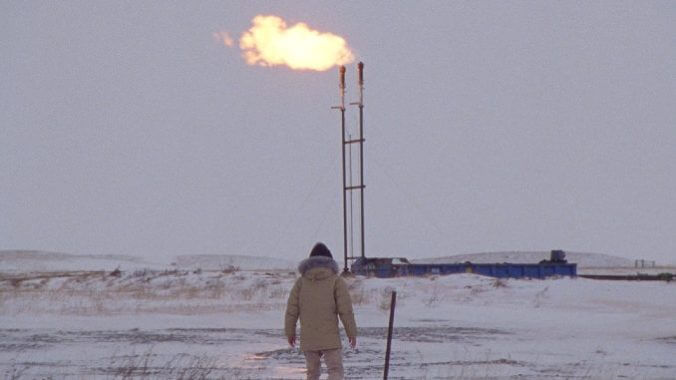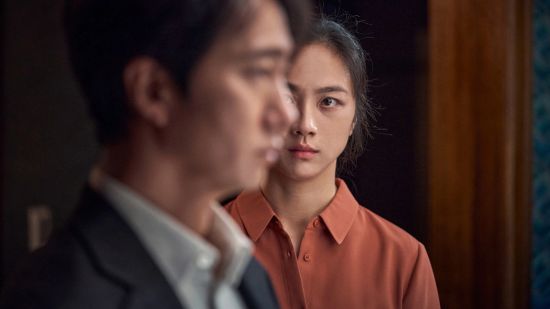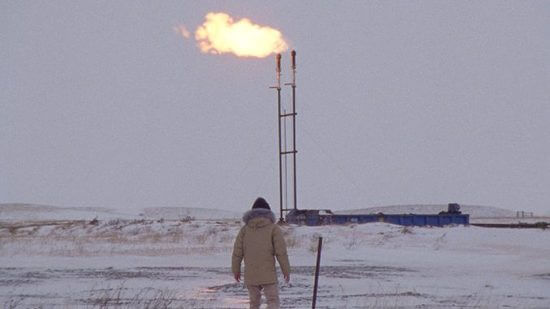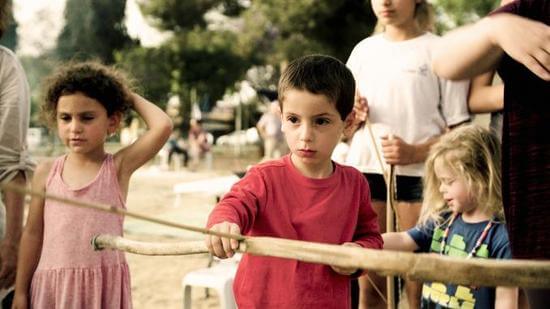Chicago International Film Festival 2022: 5 Under-the-Radar Films You Shouldn’t Miss

Chicago International Film Festival 2022 is back with a stronger crop than usual, handing out awards to films from all over the world like Godland, Corsage, Saint Omer, No Bears and Alis. But beyond those recipients of the Silver and Gold Hugos, and beyond the more prominent end-of-year favorites for awards, there were a massive swath of exciting indies from newcomers and established auteurs alike. Not everyone can be a Hong Sang-soo, but they certainly deserve space to give it a shot.
Many of the films I caught from first-timers (Rounding, King of Kings: Chasing Edward Jones) were victims of inexperience and budget. They simply didn’t have the resources or personnel to pull off their ideas. Others, like Stephen Frears’ The Lost King, suffered from perhaps too much experience—set in its ways, wary of attacking topics in ambitious or unexpected ways. Those that split the difference, or somehow managed to be exciting and invigorating despite their filmmakers’ relative freshness or age, were those that stuck with me. They weren’t just artifacts of their narratives or images, but markers of careers either past or yet to flourish in their entirety. There’s little else like it, being on the first wave of something amazing, yet that’s what every film festival offers if you’re willing to take a shot on movies you might not have otherwise given a second look.
Here are five under-the-radar films that made me appreciate my local fest, and that I hope you keep an eye on as they make their way out into the world at large:
Before, Now & ThenDirector: Kamila Andini

A contemplative and wrenching Indonesian period drama, Before, Now & Then observes a masterful performance from Happy Salma as Nana, who escapes war only to find a bittersweet marriage with a rich older man—and his mistress. With incredible color and understated storytelling, replete with dream sequences and hazy visions, writer/director Kamila Andini creates a muggy aesthetic simultaneously stifling and buzzing with life, and all the hope the latter brings. A coy turn by Laura Basuki as Ino, the other woman with whom Nana finds an intimate bond, also stands out among a talented cast. A life haunted by regrets, memories and possibilities finds a way to move forward thanks to small bonds and an inner steel. Violence, political strife, marital problems—the world keeps on turning, but Before, Now & Then explores what’s needed to hold steady through it all.—Jacob Oller
-

-

-

-

-

-

-

-

-

-

-

-

-

-

-

-

-

-

-

-

-

-

-

-

-

-

-

-

-

-

-

-

-

-

-

-

-

-

-

-












































